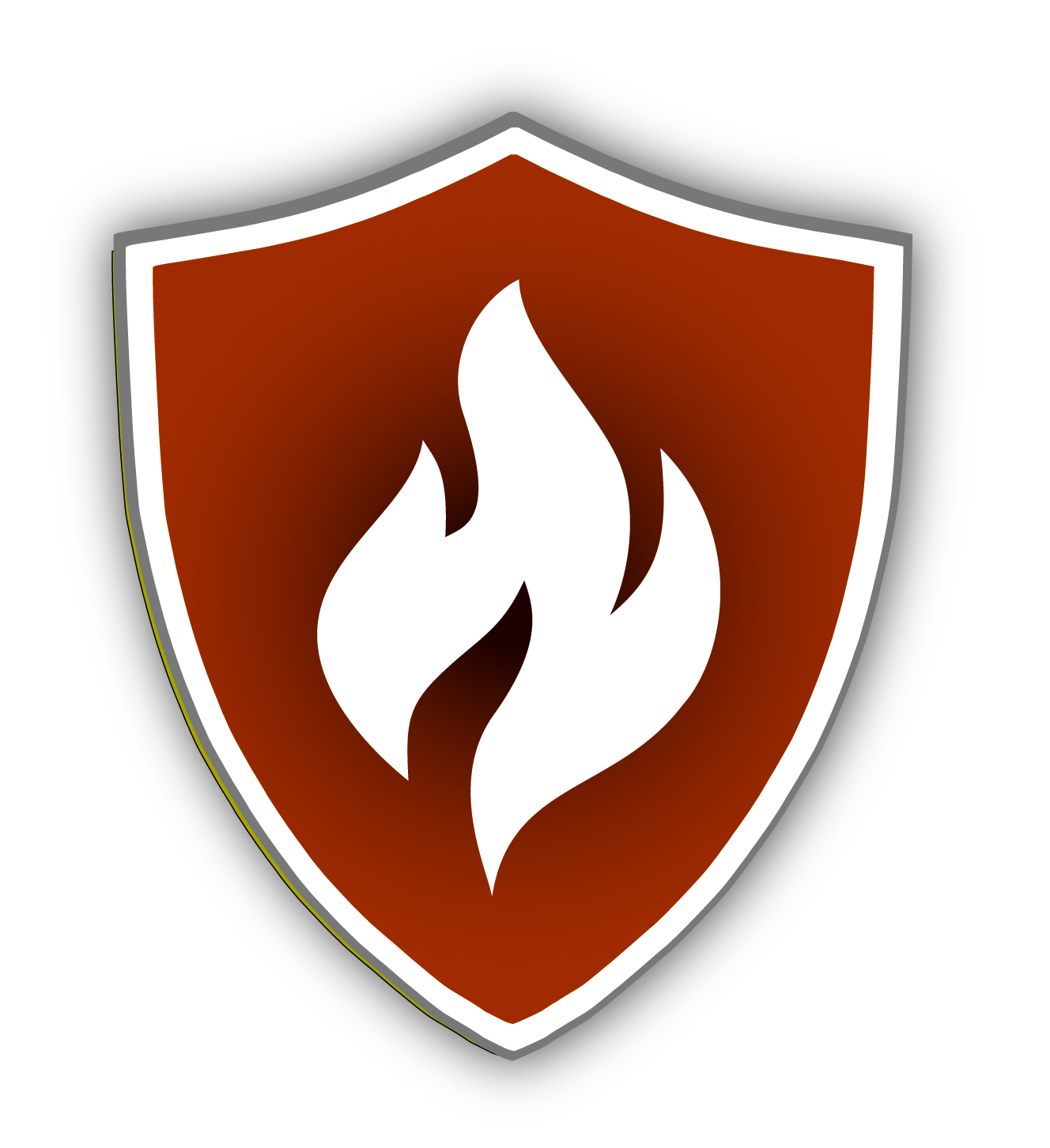Request Your FREE Inspection! Give Us a Call: (330) 637-2362
Find answers to common questions about chimney cleaning, inspections, and fireplace care from Woodburner’s Chimney Sweep, proudly serving Cortland and Trumbull County for over 38 years.
Frequently Asked Questions
1. How often should my chimney be cleaned?
Your chimney should be cleaned at least once a year to remove soot, creosote, and blockages. Regular cleaning helps prevent chimney fires and keeps your fireplace running safely and efficiently. We recommend service twice a year, once before winter and again in spring to clear out any buildup.
2. Why are annual chimney inspections and maintenance important?
When gas, wood, and oil burn in vented heating systems, the dangerous fumes produced, such as carbon monoxide, are released into the chimney through a connector pipe. Channeling these fumes out of the living area is the main purpose of the chimney.
In addition to redirecting toxic gases and smoke, chimneys also create draft (flow of air) that provides the proper air to fuel mixture for efficient heating appliance operation.
Unfortunately, many chimneys in daily use in homes all over the country are either improperly sized or have conditions that prevent them from performing their intended function. These conditions may include:
Thus, it’s important to keep up with inspections, maintenance, and cleanings to ensure that your chimney operates as it should so that you can enjoy a safer and healthier home.
In addition to redirecting toxic gases and smoke, chimneys also create draft (flow of air) that provides the proper air to fuel mixture for efficient heating appliance operation.
Unfortunately, many chimneys in daily use in homes all over the country are either improperly sized or have conditions that prevent them from performing their intended function. These conditions may include:
- weaknesses in the brick and mortar
- cracks or gaps in the chimney liner
- missing chimney liners
- damage from the acid produced by a gas appliance
- chimney blockages
- soot/creosote accumulation
- chimney leaks
- damaged smoke chambers
- and more
Thus, it’s important to keep up with inspections, maintenance, and cleanings to ensure that your chimney operates as it should so that you can enjoy a safer and healthier home.
3. Why does my fireplace stink?
Most fireplace odors result from creosote deposits in the chimney. Creosote is a natural byproduct of wood burning, but when the humidity is high in the summer months, the odor can become too noticeable.
In addition to having your chimney cleaned, you may also want to invest in a top sealing damper. This can prevent the downdrafts that carry the smell of creosote down through the chimney and into your home. Some people have also found it helpful to put a little cat litter or baking soda in the fireplace.
In addition to having your chimney cleaned, you may also want to invest in a top sealing damper. This can prevent the downdrafts that carry the smell of creosote down through the chimney and into your home. Some people have also found it helpful to put a little cat litter or baking soda in the fireplace.
4. Do I need I need to have my chimney checked if I heat with gas?
Yes! Although gas is a clean burning fuel, that doesn't mean the chimney never needs to be checked! You’ll still want to have the chimney routinely inspected for bird nests, blockages, and damage.
5. Why does smoke enter my home when I start a fire?
This usually happens because of poor airflow or pressure issues. A blocked flue, cold air in the chimney, or lack of ventilation can cause smoke to back up. After a full inspection, we can recommend the best solution, such as installing a top-mount damper or chimney fan, to restore proper draft.
6. What are signs that my chimney needs repair?
Watch for cracked brick or mortar, rust on the damper, water stains around the fireplace, or loose chimney caps. These signs indicate it’s time for professional repair or waterproofing to prevent further damage.
7. How can I keep animals or debris out of my chimney?
Installing a proper chimney cap and having regular inspections are the best ways to keep birds, squirrels, and debris from entering your flue. We also provide safe animal removal if something has already made its way inside.
Still Have Questions?
Our CSIA-certified technician is here to help. Call (330) 637-2362 or send us a message to schedule your free inspection or get expert advice about your fireplace or chimney system.
